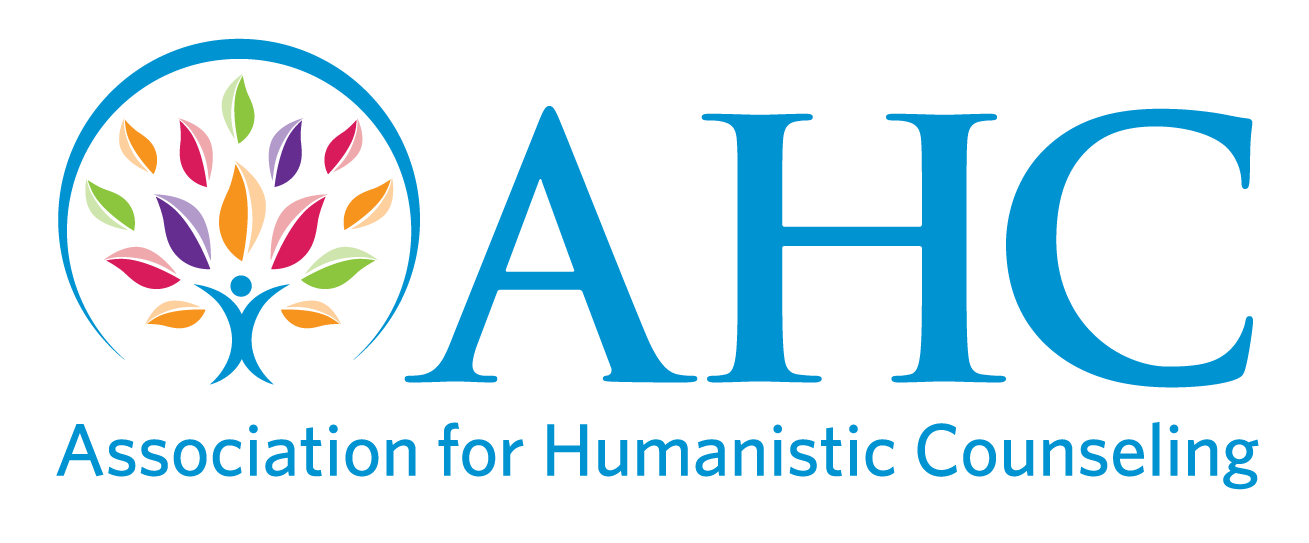Join us Friday, January 15th from 1:00 - 2:30 pm EST.
From Positionality to Relationality: Ethics and Practice for Working with Native American and Indigenous Communities
Description: The purpose of this webinar is to provide knowledge about the ethics and practices from a humanistic lens of a counselor educator and school counselor. Each will speak to their personal and professional experiences working with NAI youth and communities, providing the audience with foundational knowledge about Indigenous sovereignty and ethics. Additionally, we will discuss how positionality and relationality impact our work and research.
Learning Objectives:
Participants will be able to define Tribal sovereignty and policies pertaining to working with NAI clients and students.
Participants will be able to compare and contrast Humanistic principles to Indigenous centered theories and practices.
Participants will be able to describe ethical considerations when working with NAI communities in research and practice.
Participants will be able to describe the historical influence of NAI communities on Humanistic counseling theories and practices.
Presenters:
Katheryne Leigh-Osroosh, NYS School Counseling Certification, NCC
Courtney Copeland, NC School Counseling Certification, LMHC
Katheryne Leigh-Osroosh, Ph.D. is currently an Assistant Professor in school counseling at San Diego State University and the Co-Pi of the Native Scholar program, an interdisciplinary program funded by the US Department of Education grant, which prepares school counselors and school psychologists to work with NAI youth in K-12 settings. Courtney Copeland is a first-year doctoral student in the Counseling Psychology program at the University of Buffalo. As well as a currently licensed School Counselor and Licensed Mental Health Counselor in the state of North Carolina and former Board Chair for the Guilford County Schools American Indian Education Program.
